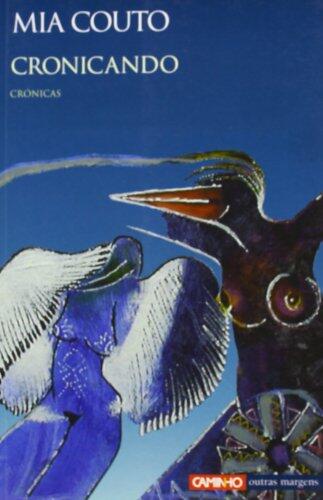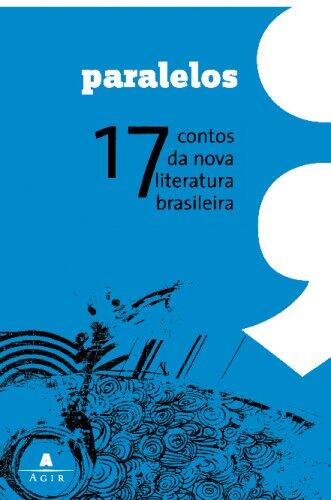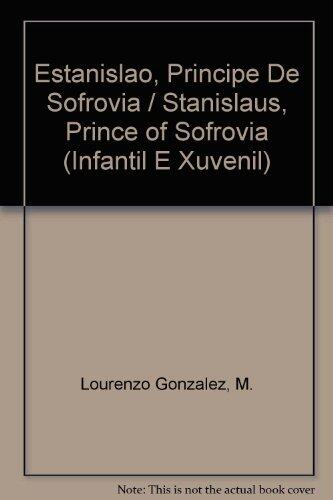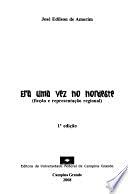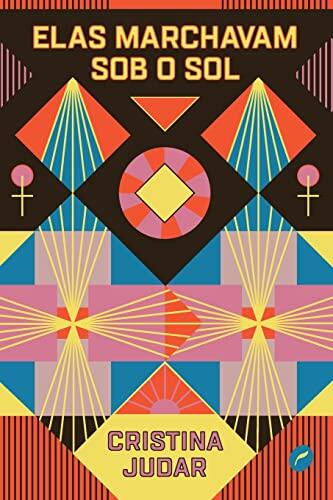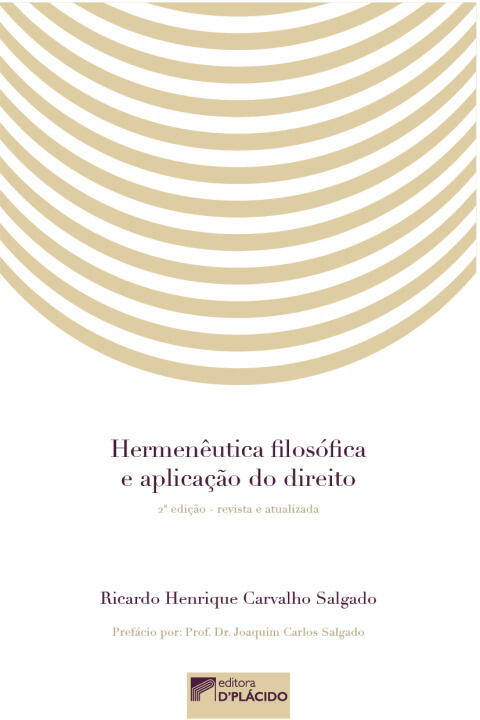
Sobre A Propriedade Do Trabalho Intelectual: Uma Perspectiva Crítica
由
A.L. Figueira Barbosa
还没有评分
Science & Technology
格式
平装书
页数
411
语言
葡萄牙语
已发布
Jan 1, 1999
出版商
Editora UFRJ
ISBN-10
8571082146
ISBN-13
9788571082144
描述
A. L. Figueira Barbosa delves into the intricate landscape of intellectual property with a critical eye, challenging conventional perspectives on ownership and rights. The narrative emphasizes the importance of safeguarding intellectual labor while simultaneously questioning dominant paradigms that prioritize individual ownership over collective and communal knowledge.
Through a thoughtful analysis, the author navigates the complexities surrounding the protection of intellectual work, shedding light on the often-neglected significance of collective contributions to knowledge and culture. The discussion raises vital questions about who truly benefits from intellectual property rights and the implications of current systems on innovation and creativity.
In exploring the notion of communal ownership, Barbosa highlights the potential for a more inclusive approach to intellectual property that respects cultural heritage and shared contributions. The work represents a compelling invitation for readers to reconsider the balance between individual rights and the collective good.
As the text unfolds, readers are encouraged to rethink the implications of property in the realm of ideas, ultimately advocating for a more equitable framework that honors both individual and collective intellectual endeavors.
Through a thoughtful analysis, the author navigates the complexities surrounding the protection of intellectual work, shedding light on the often-neglected significance of collective contributions to knowledge and culture. The discussion raises vital questions about who truly benefits from intellectual property rights and the implications of current systems on innovation and creativity.
In exploring the notion of communal ownership, Barbosa highlights the potential for a more inclusive approach to intellectual property that respects cultural heritage and shared contributions. The work represents a compelling invitation for readers to reconsider the balance between individual rights and the collective good.
As the text unfolds, readers are encouraged to rethink the implications of property in the realm of ideas, ultimately advocating for a more equitable framework that honors both individual and collective intellectual endeavors.



